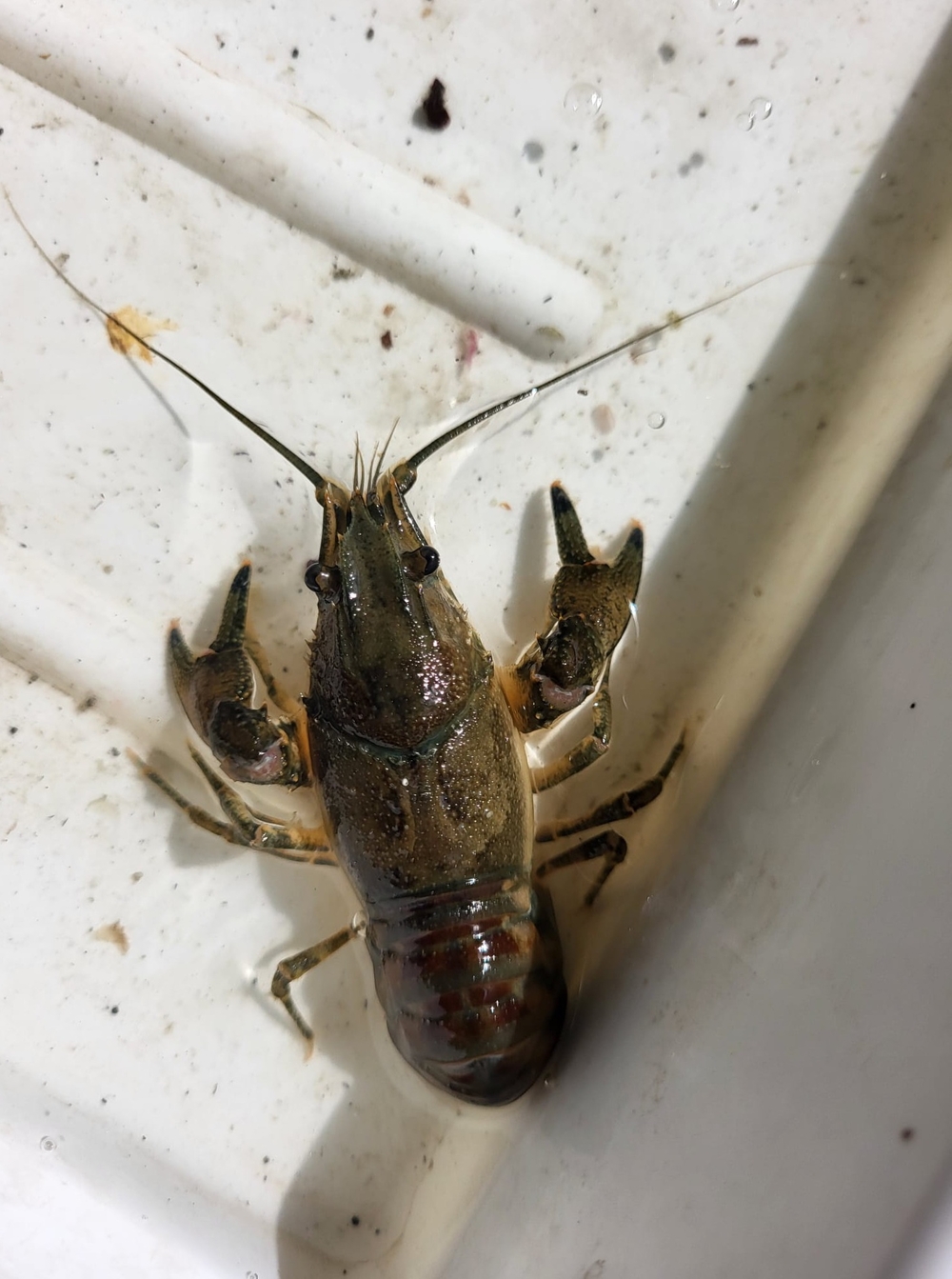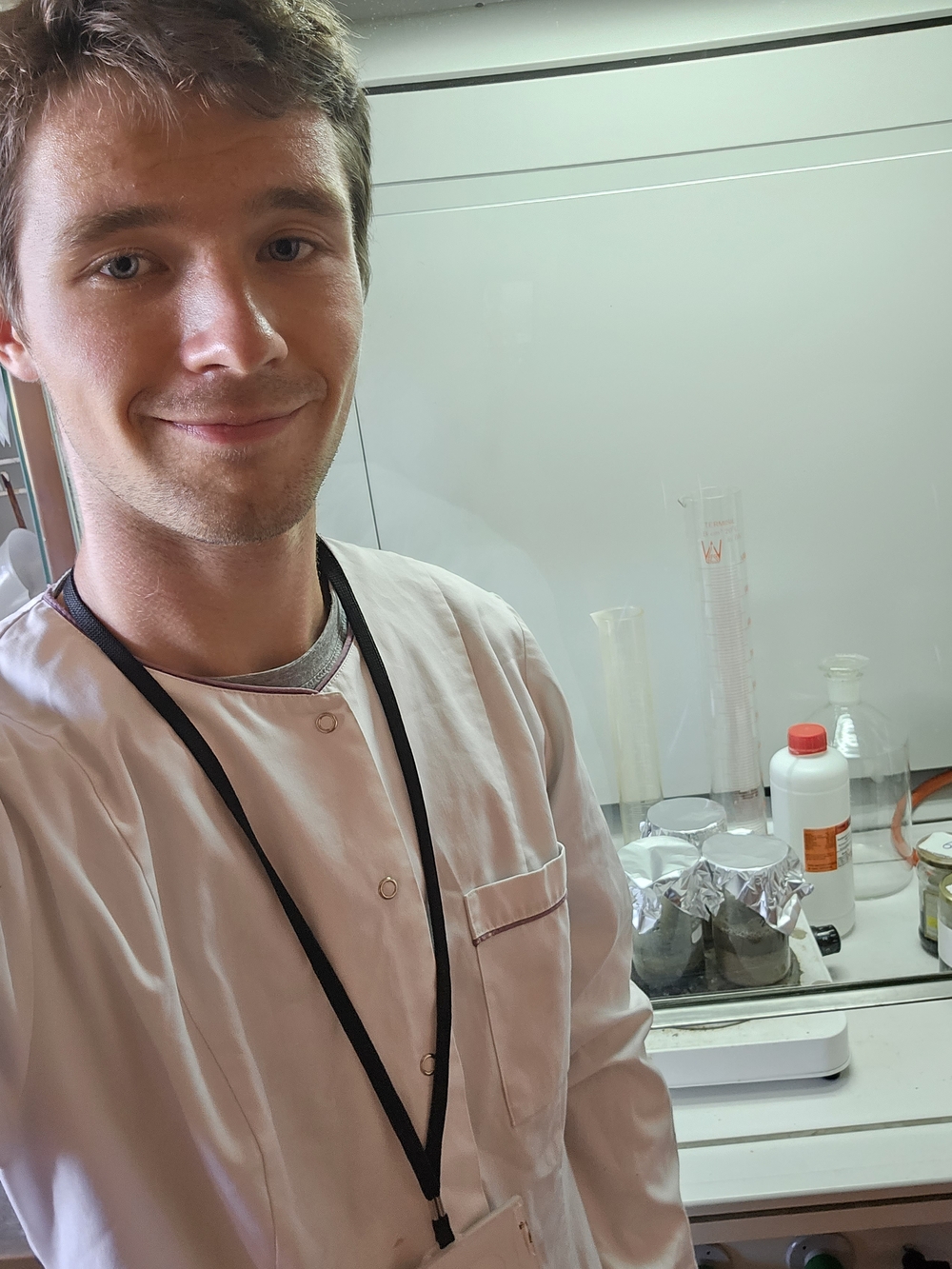If you are interested in participating in the 8th edition of the Student Research Grants, please visit the website of the competition. The upcoming training will start on 26 September.
In the last edition of the Student Research Grants competition, Jarosław Brodecki has been implementing a project related to the pollution of Lodz rivers: "Ocena zanieczyszczenia osadów rzecznych mikroplastikami i ich przenikania do wybranych bezkręgowców wodnych w rzekach aglomeracji łódzkiej" [Assessment of contamination of river sediments with microplastics and their penetration into selected aquatic invertebrates in the rivers of the Lodz agglomeration]. In a short interview, we will reveal the young researcher's workshop and learn about his motivation.
What is the objective of your project?
Its main objective is to check the degree of contamination of Lodz rivers with microplastics. The rivers in our city are a great model to study how intensive human activity affects the amount of plastics in watercourses. The fact that bottom sediments are a habitat for many aquatic organisms, including: insect larvae, is a great place to study whether, after metamorphosing and gaining the ability to fly, such insects can transfer the microplastics consumed and stored in their bodies to terrestrial food webs. Therefore, in addition to sediments, I also study selected aquatic organisms to answer the questions: whether microplastics accumulate in aquatic invertebrates and whether they can be used to transfer the microplastics to terrestrial food webs.
How will your project benefit society?
The project will enable me to gain more knowledge about one of the most complicated and complex contemporary environmental pollutants – microplastics. They pose a threat to the natural environment and humans. Microplastic is defined as a piece of plastic with a diameter of less than 5 mm. It is created in the process of gradual degradation of polymers or is produced already at the production stage, here glitter can be used as an example. According to the World Health Organization, it is necessary to reduce the amount of microplastics in the natural environment. Plastic pollution persists in the environment for a very long time and, which has been proved by more and more research, it has a significant impact on living organisms. Not only can they mechanically damage the digestive tract, increasing the risk of infection, but they also enhance the effects of other pollutants, including: heavy metals or dangerous organic pollutants. Microplastics are turned into nanoplastics, whose impact on the functioning of living cells is increasingly being demonstrated.

What challenges did you encounter while conducting your research?
The lack of developed methods that had to be created, constantly improved and modified in response to diverse research material turned out to be a major challenge. Similar situation concerned importing certain specialised reagents that were not available in Poland. Due to the fact that the project relies also on breeding insect larvae and catching crayfish, working with living material and collecting it in sufficient numbers from the studied rivers turned out to be challenging too.

How do you evaluate the formula of the Student Research Grants competition?
I believe that the Student Research Grants formula provides great opportunities for scientific development and implementation of one's own ideas and research questions. Participation in the programme gives you the opportunity to verify your skills and gain experience in obtaining funding. I will certainly apply for funding for my research in subsequent editions of the programme in the future.
